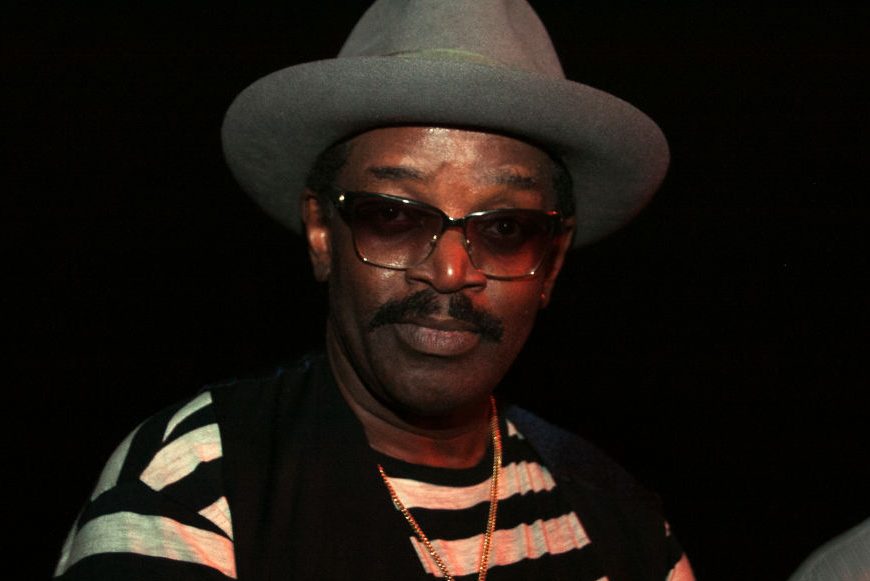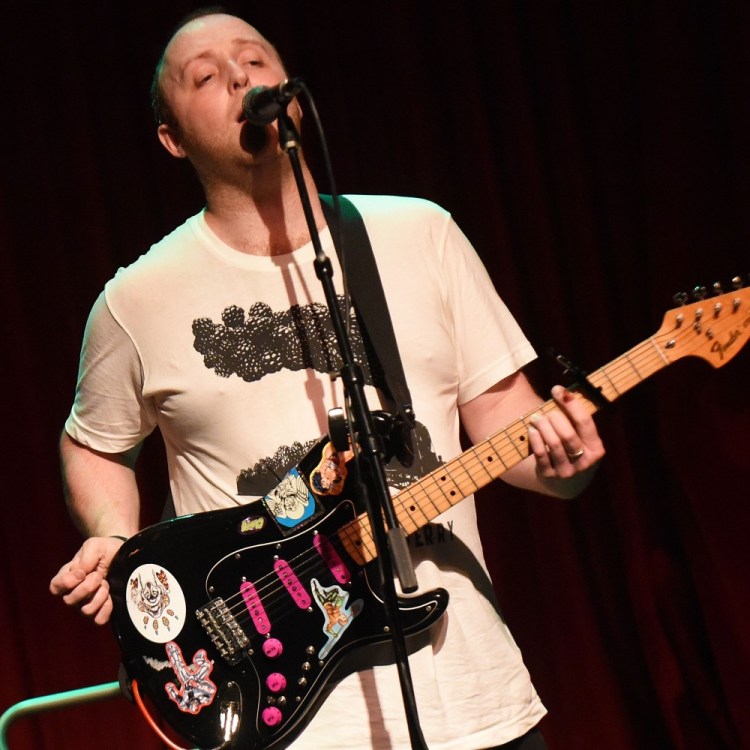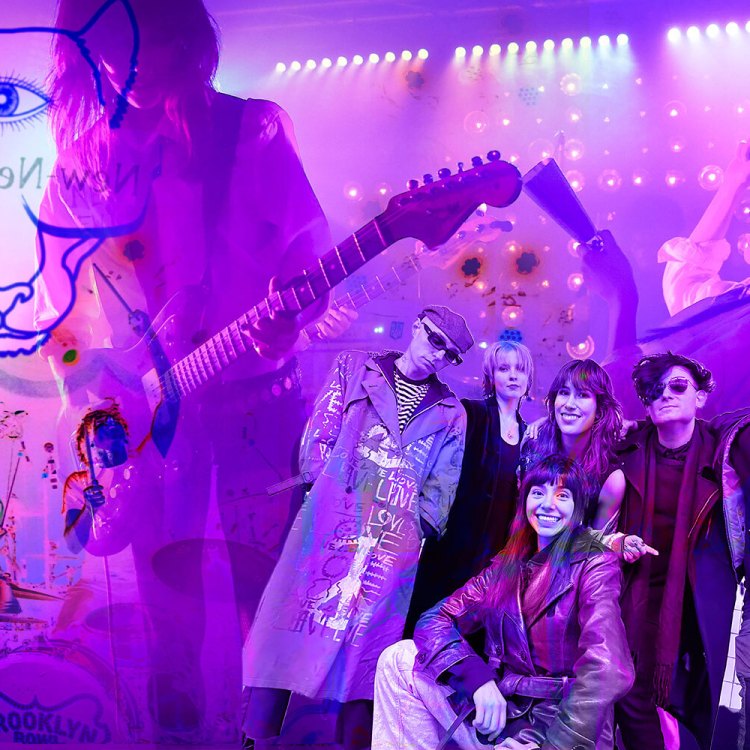Widely considered one of the most important figures in the growth of hip hop culture and immortalized on the 1981 Blondie song “Rapture” (“Fab 5 Freddy told me everybody’s fly”), Fred “Fab 5 Freddy” Brathwaite documented his daily life in ’80s for posterity using a point-and-shoot camera or camcorder instead of a diary.
“At a certain point, I began to think of myself as a camera,” Freddy said in a recent interview. “I was always trying to capture moments, or visual ideas. It was only later that I realized they could form an ongoing narrative.”
Now held in 120 boxes, the collection of Freddy’s personal photographs and VHS videos was recently acquired by the Schomburg Center for Research in Black Culture in Harlem, part of the New York Public Library.
In addition to photos and videos, the career-spanning archive contains scripts and screenplays (including New Jack City and Wild Style), books with handwritten notes, business files, event flyers as well as Freddy’s personal records, CD, DVD and magazine collections.
The archive, which will eventually be made available to the public, also contains an audio collection of recordings of live radio programming taped by Freddy’s father. “These tapes — which potentially resurrect previously unrecorded parts of the nation’s audio history — showcase hip-hop’s origins and inspiration, as well the way Fab 5 Freddy’s father respected and chronicled history, setting an example for Fab,” according to a press release.
The original host of Yo! MTV Raps, Freddy blended the worlds of art and music during a transitional period for both and was also a graffiti artist, music video director and film producer in addition to a well-known VJ.
“In Fab 5 Freddy’s collection, the Schomburg has acquired an archive from a hip-hop ambassador, historian, and pioneer, who saw the value in capturing those early years when so little has been preserved and available to the public,” said Schomburg Center curator Shola Lynch. “This is significant and important. Our founding curator, Arturo Schomburg, referred to his collection as ‘vindicating evidences’ of black history and culture. Fab’s collection sets the same foundation for the early days of hip hop. You can feel the 1980s. You can feel the charm. It’s very real.”
Editor’s Note: RealClearLife, a news and lifestyle publisher, is now a part of InsideHook. Together, we’ll be covering current events, pop culture, sports, travel, health and the world. Subscribe here for our free daily newsletter.
Thanks for reading InsideHook. Sign up for our daily newsletter and be in the know.


















